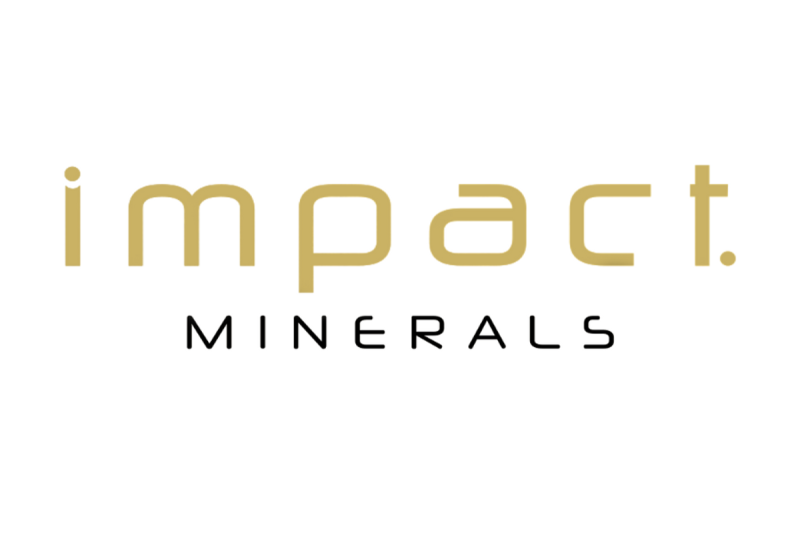An aircore drill programme will commence this week at Impact Minerals Limited’s (ASX:IPT) Hyperion REE prospect, which is part of the 100% owned Arkun Project, located 150km east of Perth in the emerging mineral province of southwest Western Australia ( Figure 1).
Drilling to commence this week at the Hyperion Rare Earth Element (REE) Prospect to test a large Rare Earth Element soil geochemistry anomaly.The soil anomaly covers at least a 3 km2 area at greater than 1,000 ppm Total Rare Earth Oxide (TREO + Y) with peak values up to 5,880 ppm (0.59%) TREO+Y and Nd+Pr of up to 21%.The soil anomaly is hosted in weathered granite and is prospective for a large clay-hosted REE deposit.All necessary statutory approvals, Program of Works (POW) and land access permissions received.Aircore/ slimline RC rig has been secured and is currently mobilising to site
The drill programme, comprising approximately 40 holes for 2000 metres will test the significant REE soil geochemistry anomaly identified at Hyperion, where results of up to 5,880 parts per million (ppm) Total Rare Earth Element Oxides and Yttrium (TREO +Y) were reported previously (ASX Release 4th January 2024). These are some of the highest TREO-in-soil results reported recently in Western Australia. Other REE soil geochemistry anomalies have been identified at Swordfish and Horseshoe (Figure 2 and ASX Releases January 4th 2024 and June 1st 2023).
Impact Minerals’ Managing Director, Dr Mike Jones, said, “The discovery of the Hyperion REE Prospect was a significant breakthrough in exploring the Arkun Project, and we are eager to drill test the anomaly to assess the depth extent of the weathered clay that may host the REE mineralisation. The key to an economic discovery is to evaluate how easily the REEs can be extracted through simple acid leaching of clays and, so we will be sending samples for preliminary test work as quickly as possible. Given this is the first-ever drill programme at Arkun, and that several other significant REE anomalies remain to be tested at Arkun, for example Swordfish and Horseshoe, the extraction characteristics will have an important bearing on any future resource definition drilling”.
Hyperion Prospect
The soil geochemistry results have defined an area of more than 3 km2 at greater than 1,000 ppm TREO+Y at Hyperion (Figure 2). Five samples returned greater than 2,500 ppm TREO+Y with a peak value of 5,880 ppm (0.58%) TREO+Y, amongst some of the highest tenor REE soil values reported in Western Australia ASX Release January 4th 2024).
Within the anomaly, two broad northwest-southeast trending zones of more than 1,500 ppm TREO+Y-in- soils extend for 2.5 km along-trend and are open in both directions (Figure 2).
The anomaly has an average neodymium plus praseodymium percentage of about 20%, typical of most regolith-hosted mineralisation in the region with Heavy REE contents of between 54 ppm and 200 ppm within the >1,000 ppm parts of the anomaly (ASX Release January 4th 2024). This is encouraging for discovering the more economically compelling Heavy Rare Earths close to the surface.
The Hyperion anomaly is underlain by a well-preserved laterite (weathering) profile developed on very weathered granite bedrock, the likely source of the REE.
By coincidence, Impact’s previous airborne electromagnetic (EM) survey covers part of the Hyperion anomaly (Section Line A-A’, Figure 3. ASX Release 18th September 2023). Geophysical modelling of this data shows a possible vertical thickness of up to 60 metres of conductive clays across much of the Hyperion anomaly, suggesting a significant volume of clay that may host REE mineralisation is present close to the surface (Figure 3). In addition, the regional magnetic data indicates the underlying granite may cover an area of about 170 km2, suggesting there is significant scope to increase the size of Hyperion with further soil surveys.
Click here for the full ASX Release

